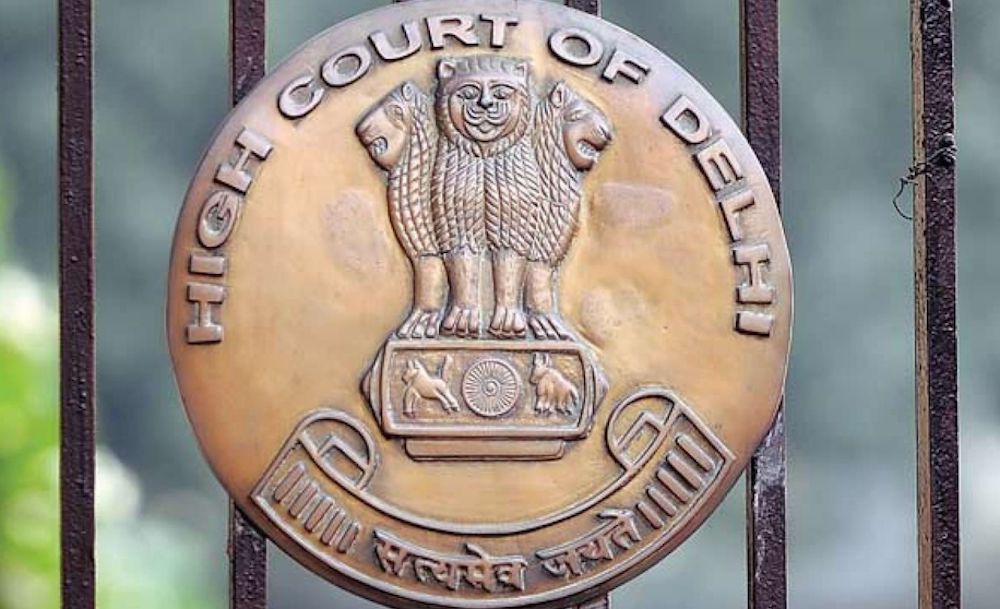Debangana Ray
Published on August 8, 2022 at 21:48 IST
The Delhi HC held that the real intent of the petitioner was to ensure that the gift tax is not levied on the donee. The petition does not promote the maintenance and welfare of senior citizens.
The bench consisting of Justice Manmohan and Justice Manmeet Preetam Singh Arora has observed that as per the object of the maintenance and welfare of Parents and Senior Citizens Act, 2007 and the Income Tax Act, 1961, the expression “relative” is not used in similar context.
The petitioner has sought the direction that a “relative” under Section 2(g) of the Senior Citizens Act, 2007 be treated at par with a “relative” under Section 2(41) and Section 56 of the Income Tax Act, 1961 for the grant of exemption from income tax on gifts received.
The Court ruled that the intent and object of the Senior Citizens Act and the Income Tax Act are entirely different.
The object of the Act is to provide for more effective provisions for the maintenance and welfare of parents and senior citizens guaranteed and recognised under the Constitution.
The intent of the Income Tax Act is to consolidate and amend the laws relating to income tax and super-tax. The gift of property was brought under the purview of tax with effect from October 1st, 2010 vide the Finance Act, 2010.
“Section 23 of the Senior Citizens Act confers additional remedies upon senior citizens in certain circumstances. However, the said Section does not restrict the right of the donee to challenge the gift/transfer made by a senior citizen in accordance with the law,” the Court said.

